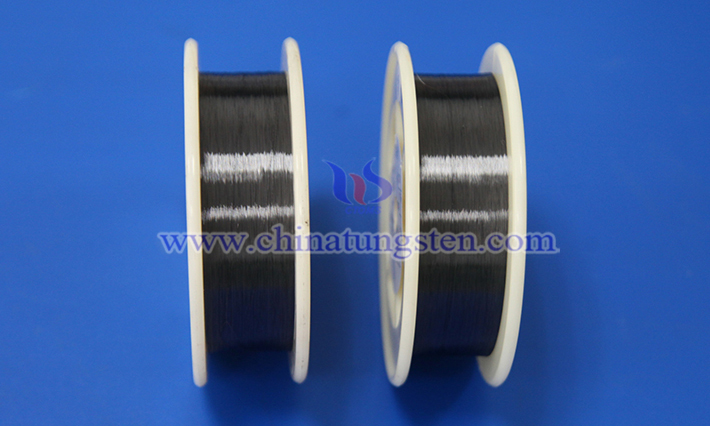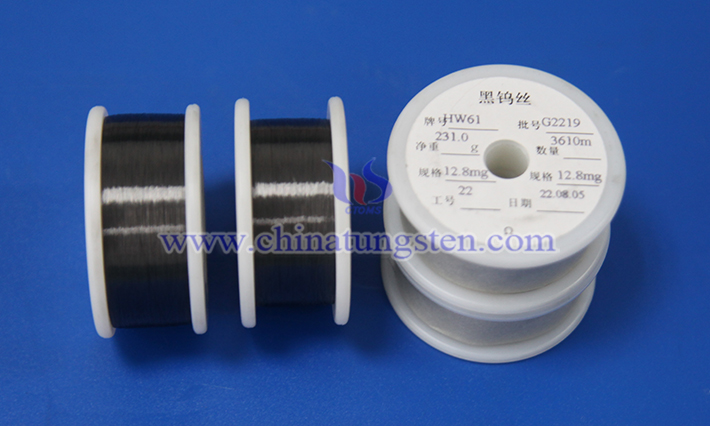Cut-Resistant Tungsten Wire: Ideal for Zero Edge Chipping Cuts
- Details
- Category: Tungsten Information
- Published on Thursday, 03 April 2025 19:10
- Written by Zhenghua
- Hits: 245

In the field of precision manufacturing, the accuracy and quality of material cutting directly impact the performance and lifespan of end products. Traditional cutting materials often struggle with issues like edge chipping and debris when processing high-hardness or brittle materials, leading to reduced yield rates. The introduction of CTIA GROUP’s cut-resistant tungsten wire offers a revolutionary solution to this challenge.
Read more: Cut-Resistant Tungsten Wire: Ideal for Zero Edge Chipping Cuts
Unconventional Applications of Cut-Resistant Tungsten Wire in The Construction Industry
- Details
- Category: Tungsten Information
- Published on Thursday, 03 April 2025 19:05
- Written by Zhenghua
- Hits: 250

Cut-resistant tungsten wire is known for its excellent wear resistance, high strength and corrosion resistance, and is often used in traditional fields such as cutting and welding. However, in the construction industry, this material has many unconventional applications. These innovative applications not only improve the efficiency and quality of construction projects, but also bring new possibilities for the development of the industry.
Read more: Unconventional Applications of Cut-Resistant Tungsten Wire in The Construction Industry
Application of Cut-Resistant Tungsten Wire in Photovoltaic Field
- Details
- Category: Tungsten Information
- Published on Thursday, 03 April 2025 18:56
- Written by Zhenghua
- Hits: 253

With the transformation of the global energy structure to clean energy, the photovoltaic industry has ushered in explosive growth. As the core material of photovoltaic modules, the cutting technology of silicon wafers directly affects production efficiency and cost.
Read more: Application of Cut-Resistant Tungsten Wire in Photovoltaic Field
Cut-Resistant Tungsten Wire for Ultra-Thin Glass Processing
- Details
- Category: Tungsten Information
- Published on Thursday, 03 April 2025 19:00
- Written by Zhenghua
- Hits: 249

With the rapid development of science and technology, ultra-thin glass is increasingly used in modern electronic equipment, optical instruments and new energy fields. Ultra-thin glass has become an indispensable component of high-tech products such as smartphone screens, solar panels, and medical equipment with its excellent optical properties, mechanical strength and thermal stability.
Read more: Cut-Resistant Tungsten Wire for Ultra-Thin Glass Processing
Application of Cut-Resistant Tungsten Wire in Protective Equipment
- Details
- Category: Tungsten Information
- Published on Wednesday, 02 April 2025 20:00
- Written by Zhenghua
- Hits: 238

Cut-resistant tungsten wire is widely used in protective equipment. Its high strength, high hardness and high temperature resistance make it an ideal material for making high-performance protective equipment. The following are several main applications of cut-resistant tungsten wire in protective equipment:
Read more: Application of Cut-Resistant Tungsten Wire in Protective Equipment





 sales@chinatungsten.com
sales@chinatungsten.com